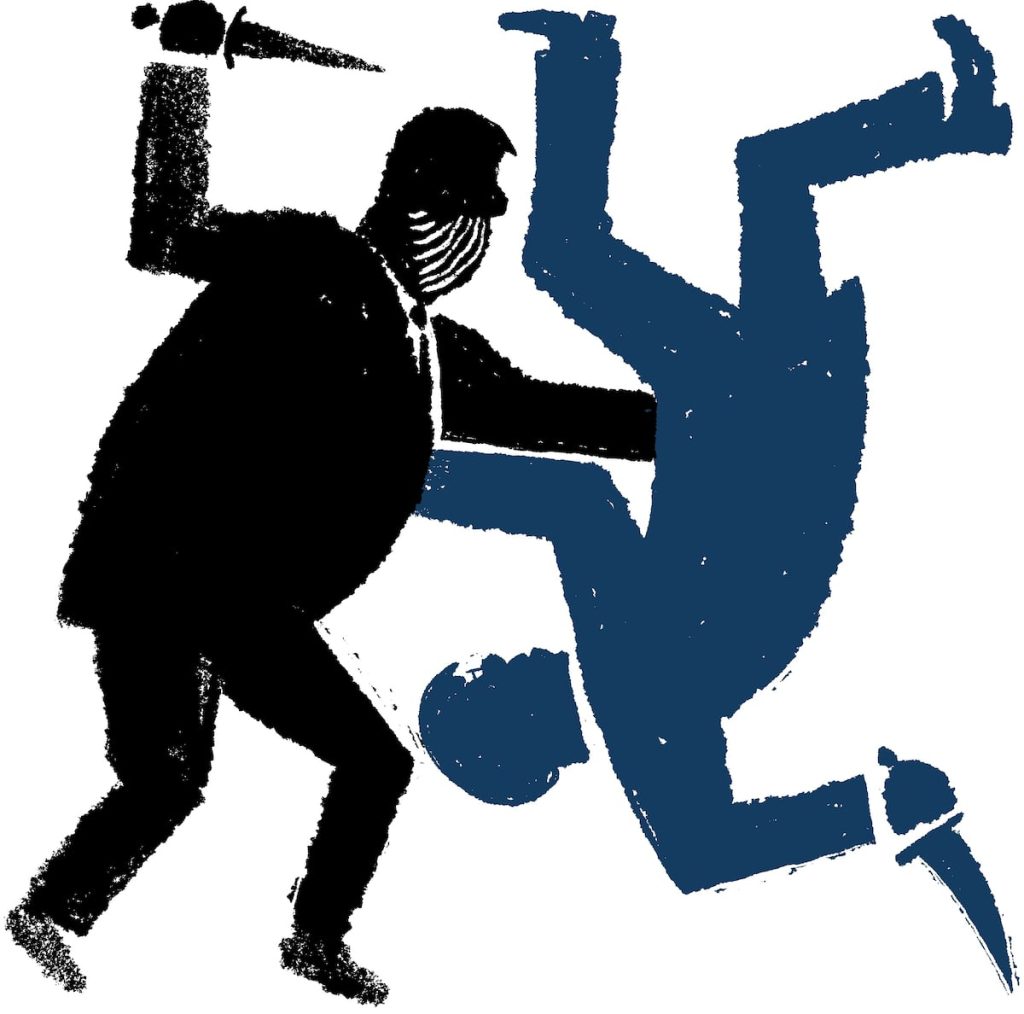On the night of October 25, 2017, 27 people were gathered in the Sala Tàpies of the Palau de la Generalitat. Carles Puigdemont presided over the meeting with Oriol Junqueras to discuss whether to hold early elections to avoid further conflict and prevent the application of Article 155. There was a rivalry between Junts and Esquerra that had been intensifying for almost 15 years and had reached dangerous levels. The responsibility of organizing the referendum could have legal consequences, but both sides continued to project an image of success to bolster their electoral chances in the short term.
Seven years later, the main leaders are still Puigdemont and Junqueras, with their party representatives also present at the meeting. Puigdemont has been unable to return to Catalonia, while Junqueras spent four years in prison and was later pardoned. The events of that night continue to impact the governance of Catalonia, with unresolved power struggles and legal challenges. The conclusion of the “procés” is pending, with ongoing efforts to secure amnesty for those involved. The recent election of Salvador Illa marks a potential turning point in the region’s political landscape.
The application of Article 155 and subsequent elections deepened the division between Puigdemont and Junqueras, leading to a shift in power dynamics. The victory of Ciudadanos in the 2017 elections challenged the traditional Catalonian consensus, highlighting the changing political landscape. The failure to address the societal implications of the independence movement led to a government focused on fulfilling its secessionist goals despite waning popular support. The inability to maintain cohesion within the government further destabilized the region’s governance.
The recent elections and subsequent political maneuvering have not resulted in meaningful change or consolidation of power for the independence movement. The shifting strategies of Esquerra have not been rewarded at the polls, leading to electoral losses and challenges in local government. The erosion of support for independence movements reflects a lack of confidence in current leadership and organization within the block. The failure to adapt to changing political realities has marginalized the independence movement in Catalonia.
The electoral defeat of the independence movement in the recent elections marks a significant shift in Catalonian politics. The loss of a majority in the polls raises questions about the future of the region’s political landscape and the relationship between society and politics. The need to engage with a diverse range of perspectives and rebuild consensus within the region is crucial for moving beyond the legacy of the “procés.” The new president of the Generalitat will face the challenge of bridging divisions and addressing the complex dynamics that have shaped Catalonian politics in recent years.


